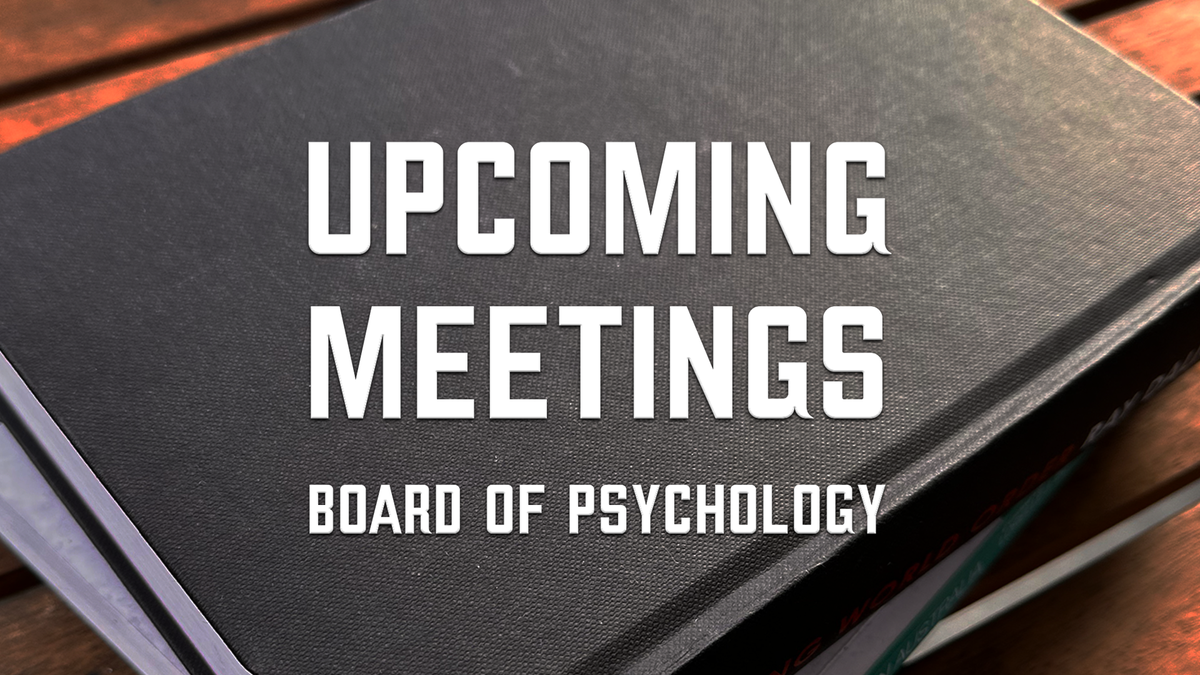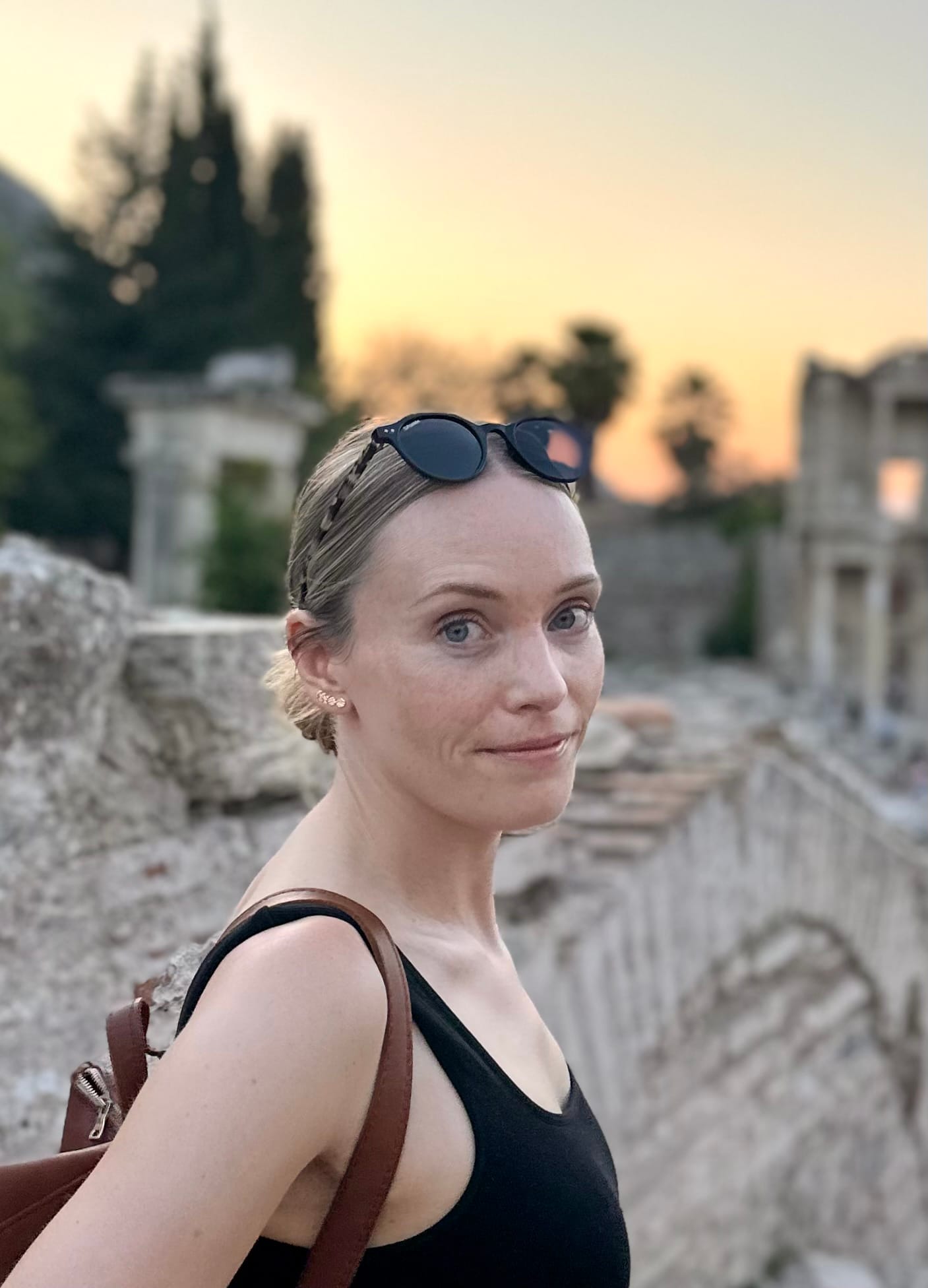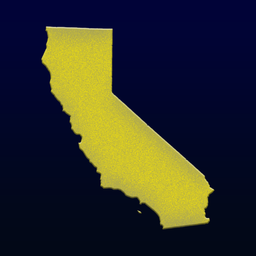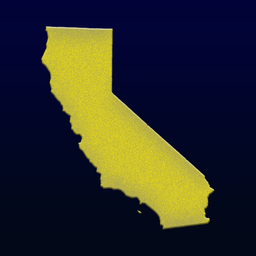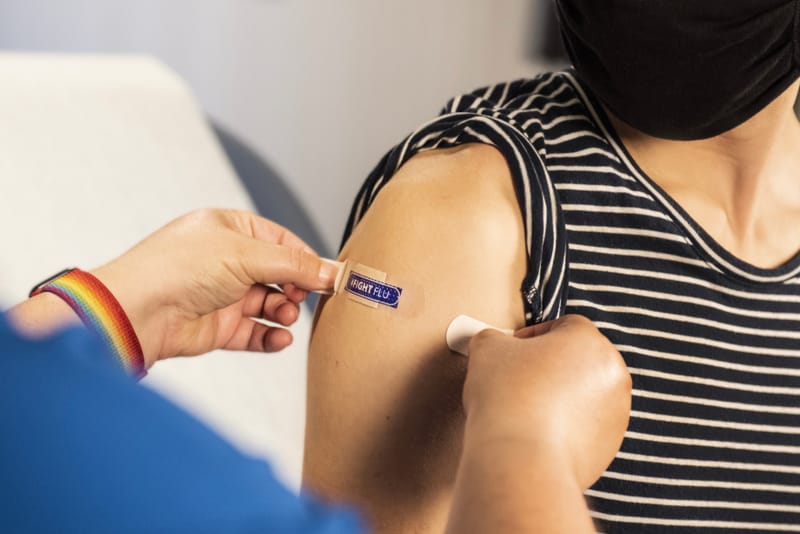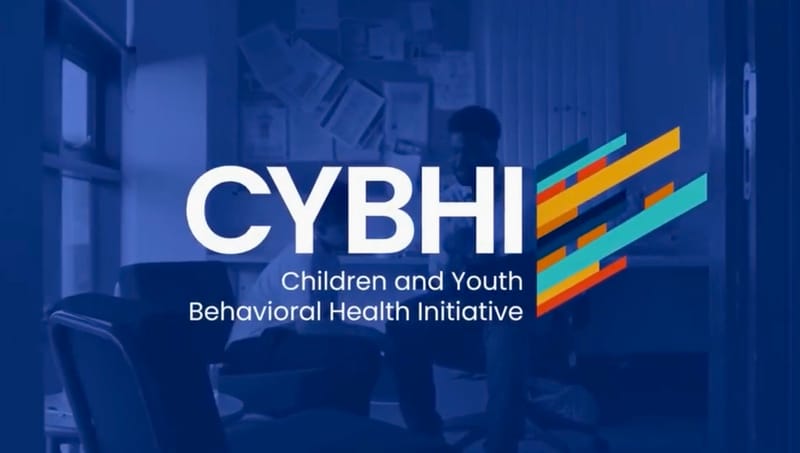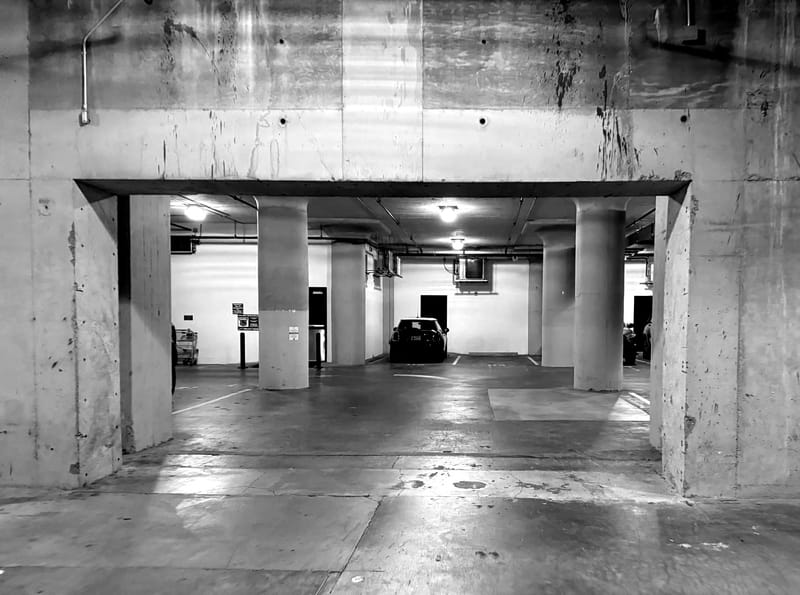California offers $27M in grants for opioid prevention in underserved communities
Applications are due by Monday, May 5 at 1 p.m. PST for California’s $27 million grant program supporting opioid prevention efforts in BIPOC and 2S/LGBTQIA+ communities.
California has announced a new round of funding for community-based organizations tackling opioid and stimulant use disorder (OUD/StUD) across disproportionately affected communities.
LGBTQIA+ people under 25 can access 24/7 support. The 988 Lifeline can help with suicide, substance use, and mental health crises. 🏳️🌈
— Department of Health Care Services (@DHCS_CA) June 29, 2024
📞To call an LGBTQIA-trained crisis counselor, dial 988 and then press 3. #988Lifeline #CrisisSupport #DHCS #LGBTQIA #California pic.twitter.com/kkVjzTgayg
Through a partnership between the California Department of Health Care Services (DHCS) and The Center at Sierra Health Foundation, the state will distribute $27 million in total funding across two tracks focused on education, outreach, and access to treatment services.
Applications are due by 1 p.m. PST on Monday, May 5, 2025, and selected grantees will receive 24-month contracts worth up to $400,000 each.
These new opportunities complement California’s broader mental and behavioral health agenda, including recent shifts outlined in the 2025-26 state budget for mental health services.
Track 1: Education and Outreach in 2S/LGBTQIA+ Communities
A total of $9 million will be awarded to organizations serving 2S/LGBTQIA+ communities. Funded activities may include:
- Outreach and education on opioid, stimulant, and polysubstance use
- Strengthening referral pathways to care, including access to Medications for Opioid Use Disorder (MOUD)
- Cultural competency-focused prevention initiatives across California
A Request for Applications (RFA) Overview Webinar specific to this track will be hosted on Monday, April 14 from 1–2 p.m. PST.
Track 2: Opioid and Stimulant Prevention for Communities of Color
The second track allocates $18 million to fund programs that center BIPOC communities, who continue to face disproportionate harm from substance use and structural inequities in healthcare access. Eligible activities include:
- Community-led education and outreach campaigns
- Expansion of referral networks for Medications for Addiction Treatment (MAT)
- Support for families and individuals at the intersection of public health and criminal justice systems
An RFA Overview Webinar for this track will take place on Tuesday, April 15 from 1–2 p.m. PST.
These grant programs align with prior state initiatives, including K-12 behavioral health education grants and Paris Hilton–backed reforms for treatment center protections.
Office Hours and Support
To assist potential applicants, The Center is hosting virtual office hours:
- Wednesday, April 16, 9–10 a.m. PST
- Monday, April 21, 2–3 p.m. PST
- Tuesday, April 29, 11 a.m.–12 p.m. PST
- Friday, May 2, 1–2 p.m. PST
If a passcode is requested, use: MATSOR4.
For additional background on state policy, visit our full guide to California’s psychology laws and licensing regulations, or consult the resources below.
